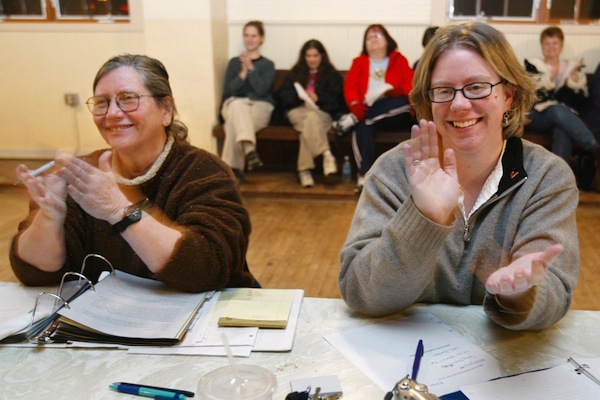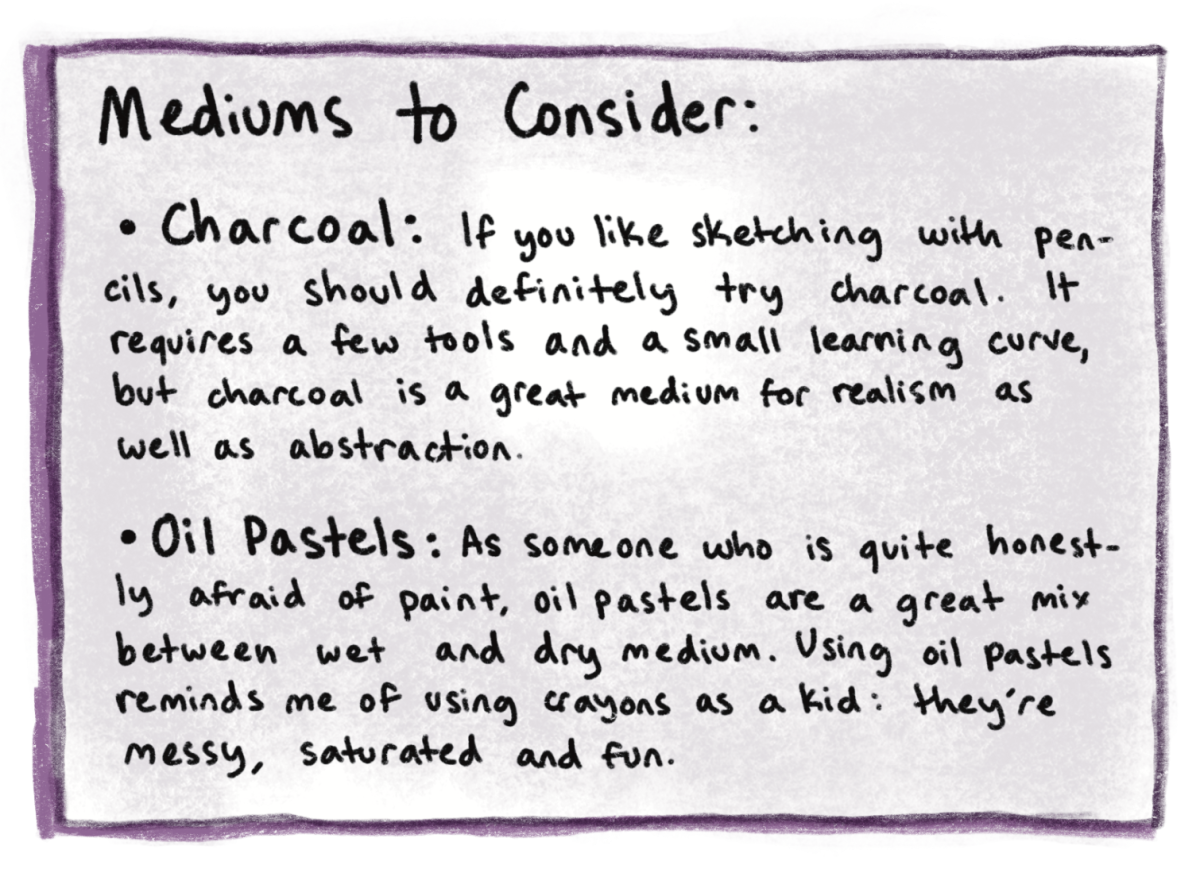Legal representatives for Jerry Buck Inman, also known as the “Bikini Top Murderer,” appeared in court to appeal his death sentence for the murder of Tiffany Souers. The appeal was presented Sept. 21 to the South Carolina Supreme Court on the premise of an unfair trial due to witness bullying.
Souers, a graduate of Villa Duchesne and a member of the Kappa Kappa Gama chapter at Clemson University, was found raped and dead in her apartment May 26, 2006. She was wearing only a bra and was strangled with her own bikini top, leading the public to nickname Inman the “Bikini Top Murderer.”
According to police reports, Inman’s DNA was found on evidence in Souers’ apartment. Investigators also said they found several items related to the crime in Inman’s vehicle. Inman was arrested two weeks after the murder.
Inman, who lived at home with his mother in Tennessee, was connected not only to the murder of Tiffany Souer, but to a string of other unsolved crimes in the South.
“It seems like [Inman] was just wandering around, finding vulnerable people — women — and preying on them and conducting sexual assaults and getting progressively worse,” Jefferson County Sheriff David Davenport said to USA Today June 7, 2006 after he arrested Inman at his home in Tennessee. “This may be just the tip of the iceberg.”
Inman was also convicted for the rape and the attempted rape of two other women. The assaults took place during the nine months after he served a 16-year prison sentence for another rape he committed.
“I’ve shown by my actions both in and out of prison that I cannot be rehabilitated,” Inman said during his 2009 trial, according to the St. Louis Post-Dispatch. “I don’t say any of this to be disrespectful, but your honor, in all reality, there’s really only one sentence appropriate for someone like me, and I ask you to impose that sentence.”
Defense lawyers originally argued for a life term, claiming that psychological problems led him to commit the crime. The defense is now arguing that prosecutorial misconduct influence the jury to sentence Inman to death.
Robert Dudek, Inman’s lawyer, said that the defense’s most important witness, social historian Dr. Marti Loring, was intimidated by solicitor Bob Ariail. Solicitors work with any legal matter relating to court conduct. Loring testified that Inman was sexually abused as a child by his alcoholic father and that his mother was a schizophrenic.
Loring admitted that she did not do a good job relaying information due to a seven-month gap between the interview with Inman’s family and the testimony. The delay between the interview and the trial was due to Ariail’s threats to press criminal charges against the social historian because she was licensed to practice in Georgia but not in South Carolina.
The murder resonated with several Ladue students who saw similarities between Souers and their own classmates. Despite Inman’s crimes, some feel he should not be executed.
“It must be devastating for the Souers family and community for such an upstanding young woman’s life to be cut short,” senior Andrew Rubin said. “However, Inman shouldn’t be put to death on the basis that there’s always the slight chance that you’ve just legally murdered the wrong man.”
However, others consider Inman deserving of the sentence. They believe that Loring’s testimony confirms Inman’s guilt.
“If he never altered his story, then it disturbs me that they would lessen his sentence, even though I don’t always agree with the death penalty,” junior Alexandra Patershuk said. #










